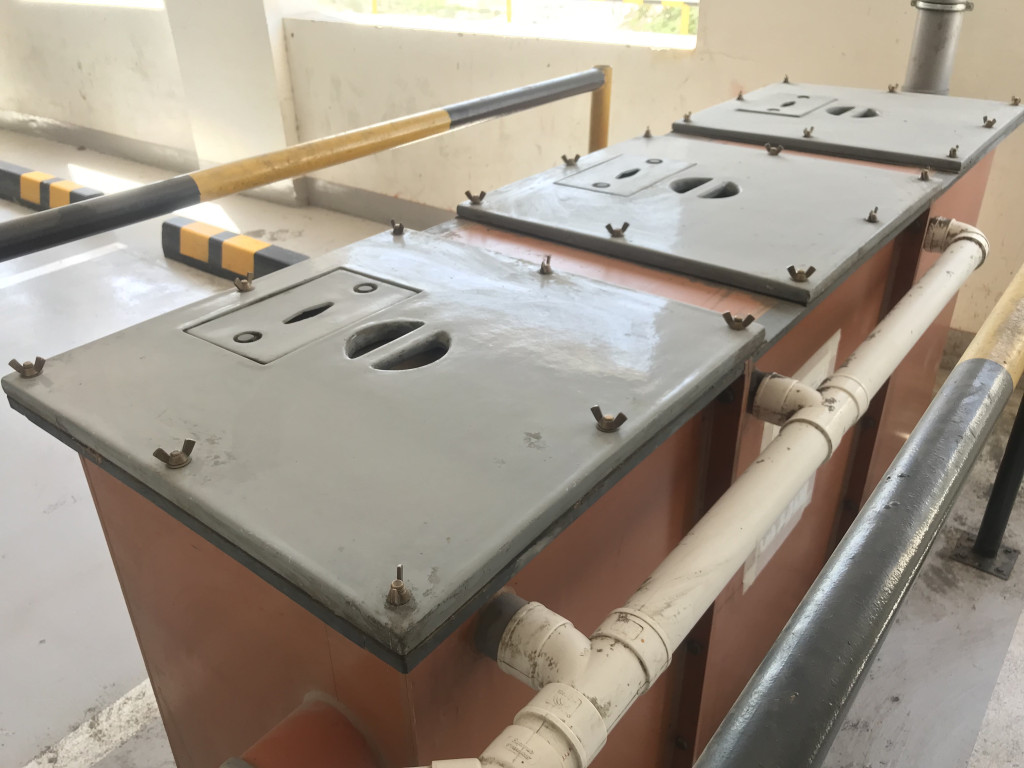Restaurants are high-traffic areas that produce a significant amount of grease, oil, and food waste. If not handled properly, these materials can cause severe damage to the plumbing system, leading to costly repairs and downtime. This is where grease interceptors come in. Grease interceptors are designed to capture and separate food waste, grease, and oils from the wastewater before they enter the municipal sewer system. However, like any plumbing component, grease interceptors can experience damage and malfunction. One common issue that affects the proper functioning of a grease interceptor is a damaged baffle.
Baffles are the internal components that help to separate solid waste from wastewater and ensure proper flow through the grease interceptor. A damaged baffle can lead to clogged pipes, sewage backups, and potential health hazards. If you notice any signs of baffle damage, it’s essential to address the issue immediately.
In this article, we’ll explore the importance of perfectly working grease interceptor, the role of baffles in the proper functioning of grease interceptors, and the signs of baffle damage. We’ll also provide a comprehensive guide to repairing baffle damage and the importance of regular maintenance to extend the life of your grease interceptor. So if you’re experiencing issues with your grease interceptor, keep reading to learn more about grease interceptor baffle repair and how to keep your kitchen plumbing system healthy.
If you’re wondering Why your restaurant needs a grease interceptor?

Signs that shows you need emergency Grease trap baffle repair
Grease interceptors are complex plumbing instruments with several components, and a baffle is one of them. This component helps to separate solid waste from wastewater and ensure proper flow through the plumbing system. Over time, baffles can become damaged or malfunction as it deals with tons of water containing grease and other sticky waste, leading to various issues with your plumbing system. So, it’s crucial to always keep an eye on your baffle to make sure that it’s in the best shape.
Here are some common signs that you may be experiencing baffle damage:
Slow-draining sinks: Do you think your sinks are taking longer to drain than usual? If so, this may indicate an issue with your grease interceptor’s baffle.
Foul odor: If you notice a foul odor coming from your drains, there are high percentages of chances that your grease interceptor’s baffle is damaged or malfunctioning. This odor is usually caused by the buildup of food waste and grease inside the interceptor, which will lead to clogs and other issues.
Grease buildup: You pour down the wastewater in your kitchen which drives them through the interceptor to the drains after FOGS are being separated inside the grease interceptor, but if you notice an excessive amount of grease or food waste, it probably indicates that the baffle inside your grease interceptor is not functioning properly and needs immediate attention.
Sewage backups: Sewer backups and overflows are two of the most annoying and costly consequences restaurant owner deals with for not cleaning or repairing their grease interceptor on time. If you’re experiencing sewage backups in your kitchen, don’t be late to seek emergency plumbing service. It’s a clear sign that you need grease interceptor baffle repair!

